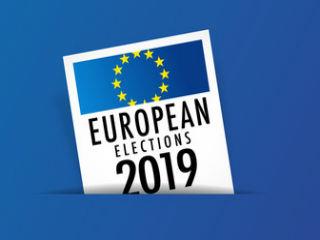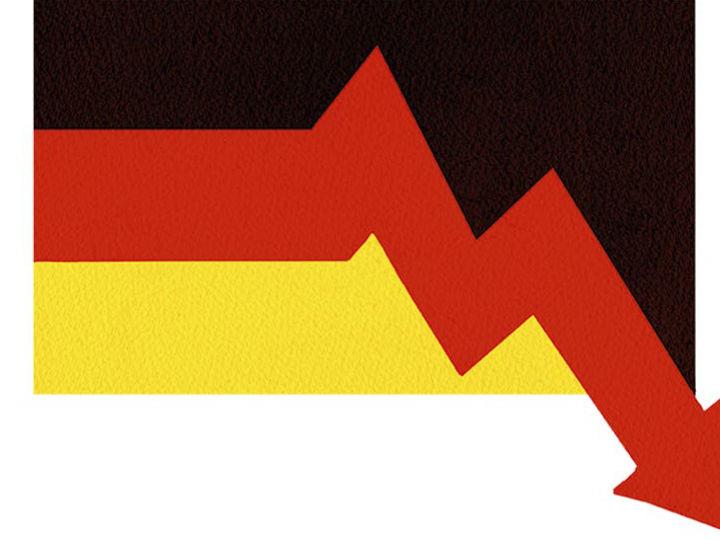EU28. Getting Europe to the ballot box. With European elections just days away, dedicated individuals, businesses and VIPs step up their efforts to make sure as many citizens as possible cast their vote to choose their future. The streaming service Spotify has also created a dedicated “Get Vocal, Europe!” playlist, featuring one song from each of the 28 member states. Please find a full list of events organised by activists, companies and NGOs across Europe in the coming days.
EU28. Yourvotematters.eu offers a multi-lingual voting-match tool based on actual votes by MEPs over the past years. Once the user has “voted” on 25 questions that have already been tabled for plenary votes, the tool shows them which of the outgoing MEPs or fresh candidates are most aligned with their views.
EU28. All you need to know as a journalist about the election days in Brussels is available here.
AUSTRIA/SLOVENIA. Switching countries, not groups. The only Austrian ALDE MEP is re-running as a candidate, but this time in Slovenia. Angelika Mlinar is part of the Slovene minority in southern Austria.
BULGARIA. The Association of Bulgarian Football Players is an official partner of #thistimeimvoting and wants to help increase voter turnout for the upcoming elections. Watch the message from Svetoslav Dyakov, PFC Ludogorets’ captain.
CYPRUS. All Cypriot MEPs, except one, are standing for re-election: Lefteris Christoforou (EPP), Costas Mavrides and Dimitris Papadakis (S&D), Eleni Theocharous (ECR), and Neoklis Sylikiotis (GUE/NGL) will seek to renew their mandate, while Takis Hadjigeorgiou (GUE/NGL) will not be returning to the European Parliament.
DENMARK. Today, Margrethe Vestager, lead candidate for the presidency of the European Commission for ALDE’s Team Europe, will address a public event at the Danish School of Media and Journalism on the EU’s greatest challenges; including how to deal with tech giants such as Google and Facebook. Journalism students will also present a study on how to get young first time voters to the ballot box. More info here (in Danish).
GERMANY. In Germany, each of the 609,000 polling aides gets €25 “refreshment money”. They help make the election possible in 72,000 voting stations, where 64.8 million eligible voters (including 3.9 million citizens from other EU member states living in Germany) can cast their votes on Sunday between 8:00 and 18:00. Read more.
GREECE. In line with Greek legislation that sets a minimum percentage of female candidates at 40%, out of the 1,195 candidates in 40 lists, 57.3% are male and 42.7% are female. Eight lists in total include more that 45% women, and out of two of those female candidates represent at least half of the total number of candidates.
LITHUANIA. An original initiative to attract voters to participate in the upcoming EU elections has been launched in Lithuania. People can register on a particular website, bring together a team of five people and receive a seedling in their name near the Centre of Europe, close to Vilnius. All they need to do is vote in the elections and send a proof of it to the organisers, who plan to plant a special ‘election forest’.
POLAND. Non-profit organisation Alliance4Europe and the City of Warsaw will organise a debate on Culture and Art for Europe, including promotion of a cover of a classic Queen song by famous Polish artists Thursday 23 May. The event will feature VIPs, such as Anja Rubik, Agnieszka Holland, Orina Krajewska and Malgorzata Zborowska. The event will be open to media.
SPAIN. Josep Borrell, the current Spanish Foreign Affairs Minister and EP President from 2004 to 2007, is heading the electoral list of PSOE (S&D). Other candidates who have also held ministerial jobs in Spain are; Dolors Montserrat, Juan Ignacio Zoido, Pilar del Castillo, Jose Manuel Garcia-Margallo, for PP (EPP), and, Juan Fernando Lopez Aguilar for PSOE (S&D).
SWEDEN. In Sweden, approximately 7.3 million Swedish citizens, nationally registered in Sweden, are allowed to vote in the upcoming EU elections. For 489 000 young Swedes this will be their first opportunity to vote in the European elections. Previously, 70 000 of them were not old enough to vote in last year’s national parliamentary elections.




 By: N. Peter Kramer
By: N. Peter Kramer

